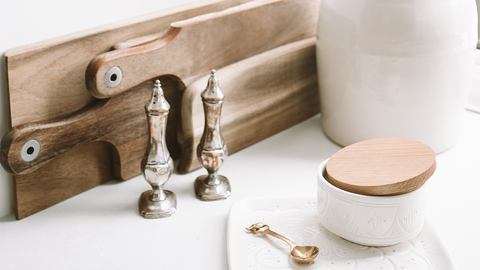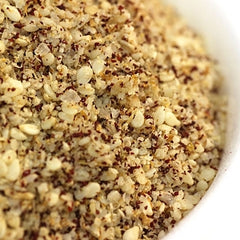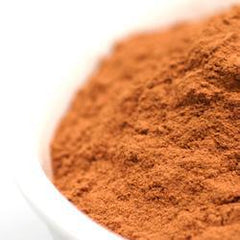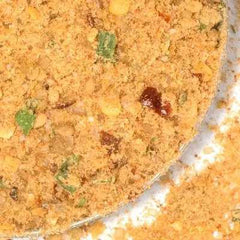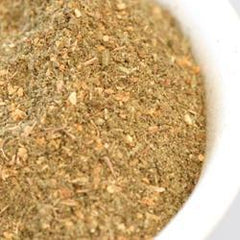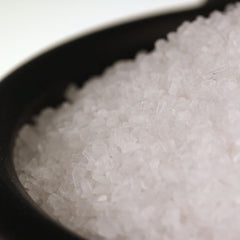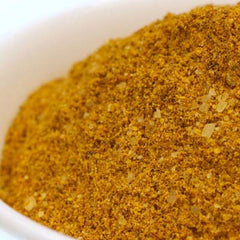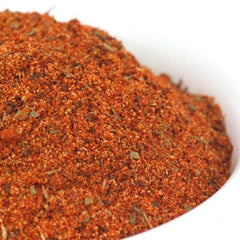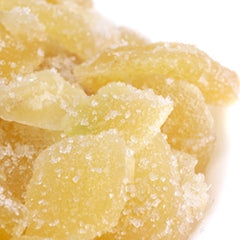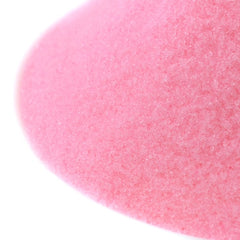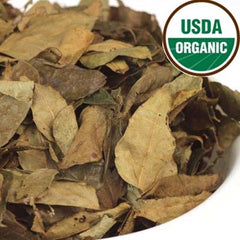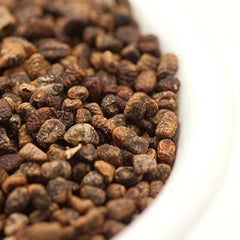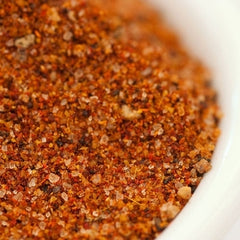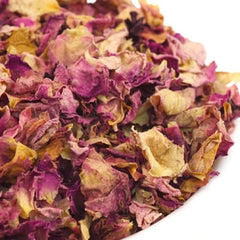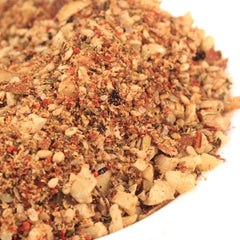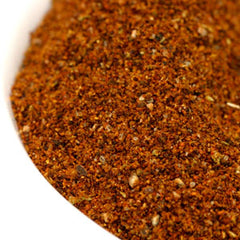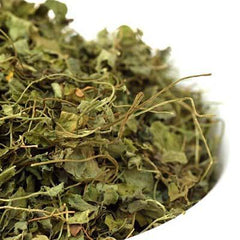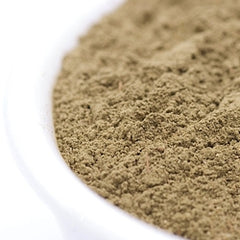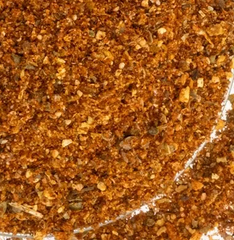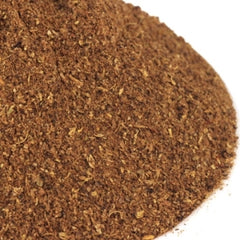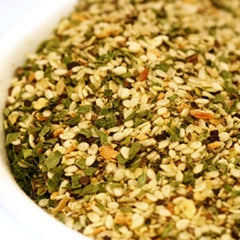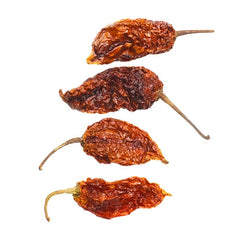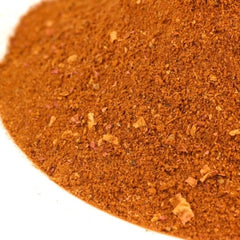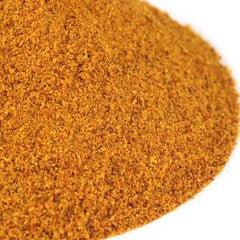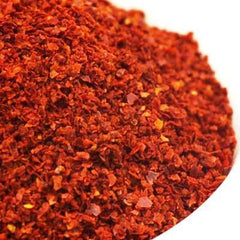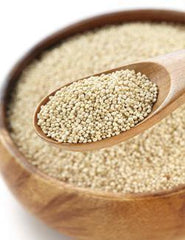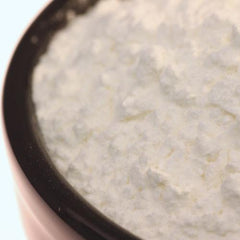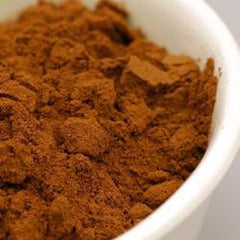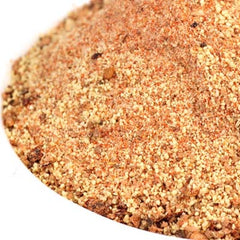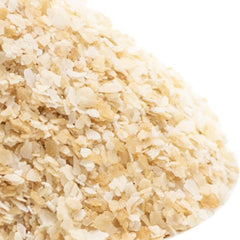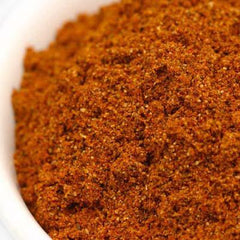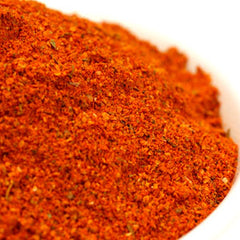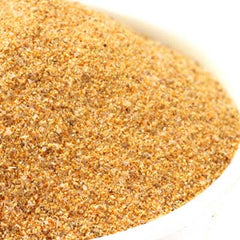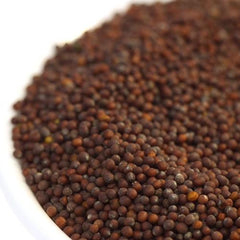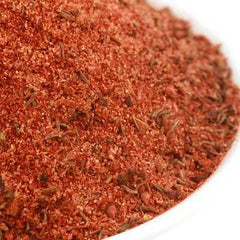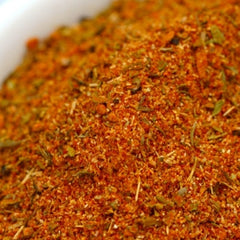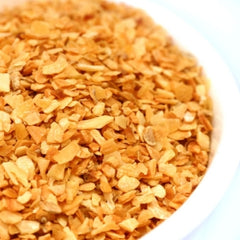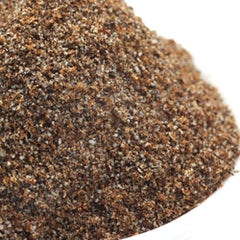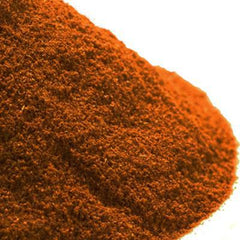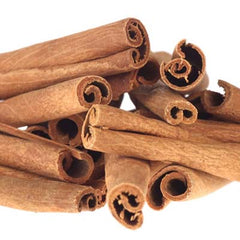Categories
- Cookware
- Bakeware
- Cutlery
- Coffee Machines and Accessories
- Smoked Cocktail and Food Tools
- Personal Care
- Wellness Mats
- Made In
- Kettles
- Greeting Cards
- Kikuichi Cutlery
- Marcato
- Smithey Ironware
- Cheese
- Funky Chunky
- Products of Scotland
- Meat N' Bone
- Millican Pecan
- Porter Road
- Xocolatl Small Batch Chocolates
- Heritage Steel
- Middleton Made Knives
- Diabetic Kitchen
- Chocolates
- Water Filtration Systems
- Copper State Forge
- Preparation, Organization & Storage
- Butcher Block/Cutting Boards
- Textiles, Towels and Aprons
- Fruit & Vegetable Tools
- Food
- Artisanal Spice Shop
- Brining, Basting & Roasting
- Tongs
- Cleaning & Sanitizing
- Spatulas & Turners
- Smoked Food Tools
- Ceramic & Glass
- Cheese Brothers
- Asheville Tea Company
- Coffee
- Specialty Tools
- Wine & Bar Accessories
- Seafood Tools
- Chocolates
- Coffee Makers
- Coffee & Tea Accessories
- Ladles, Whisks & Spoons
- Bitters & Mixers
- Grilling
- Measuring Cups & Spoons
- Serving Tools
- Zesters & Graters
- Coasters & Magnets
- Openers, Funnels & Strainers
- Oil & Vinegar
- Scales
- Temperature & Time
- Salt and Pepper Mills, Storage & Shakers
- Kitchen Appliances
- Bowls
- Flavoring & Food Coloring
- Vitamix
- Egg & Butter Tools
- Chef Apparel
- Anti-Fatigue Mats
- Jura
- Leather Accessories
Featured posts
Syrian-Style Za'atar (ounce)
Za'atar, also spelled Zaatar Za'tar, Zahtar and Zahatar, is a Middle Eastern spice mix that is used generously from North Africa and into Turkey. As with many spice seasoning blends there are several variations depending on the overall region, village and down to the individual family. The staple ingredients are a simple mixture of marjoram, oregano and thyme and a variety of other spices and herbs may be added depending on the family recipe. Historically the exact blend has been a closely held family secret and it was not uncommon for the recipe to not even be passed down from mother to daughter. Traditionally consumed with Arabic bread (the pita) which the pita is dipped in olive oil and then Za'atar. It is also commonly sprinkled over chicken, fish and vegetables. Some cooks swear that it brings out a spectacular flavor in any Mediterranean dish. In Israel, Za'atar often contains dill weed and omits salt; the Jordanian version is redder in color due to the larger amounts of sumac uses; while Lebanese versions may contain orange zest. This Syrian-style Za'atar is hand blended from sesame seeds, sumac, coriander, cumin, lemon zest, coarse sea salt and anise seed.

